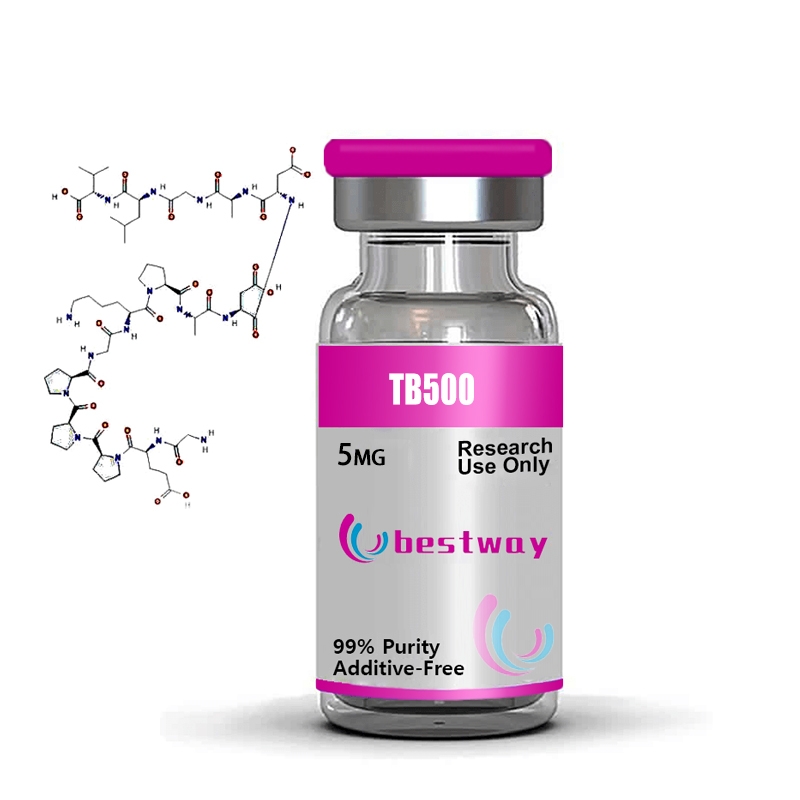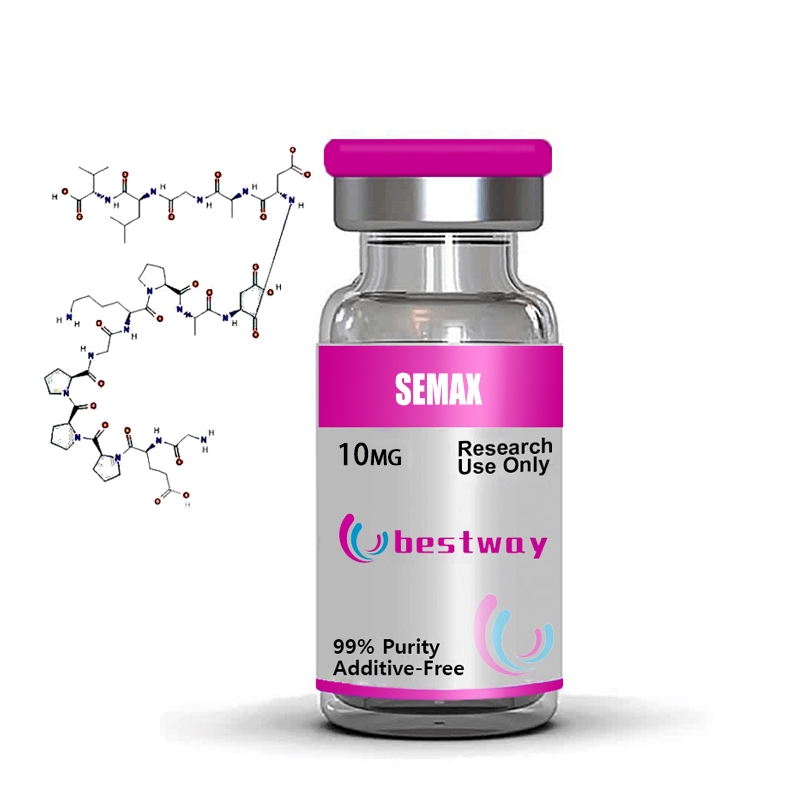-
Categories
-
Pharmaceutical Intermediates
-
Active Pharmaceutical Ingredients
-
Food Additives
- Industrial Coatings
- Agrochemicals
- Dyes and Pigments
- Surfactant
- Flavors and Fragrances
- Chemical Reagents
- Catalyst and Auxiliary
- Natural Products
- Inorganic Chemistry
-
Organic Chemistry
-
Biochemical Engineering
- Analytical Chemistry
-
Cosmetic Ingredient
- Water Treatment Chemical
-
Pharmaceutical Intermediates
Promotion
ECHEMI Mall
Wholesale
Weekly Price
Exhibition
News
-
Trade Service
Afatinib dimaleate, also known by the brand name Giotrif, is a drug that is used to treat non-small cell lung cancer.
It is a tyrosine kinase inhibitor, which means that it blocks the action of certain enzymes that are involved in cell growth and division.
This can slow or stop the growth of cancer cells.
Afatinib dimaleate is known for its high potency and selectivity towards the epidermal growth factor receptor (EGFR) tyrosine kinase, which is involved in cell proliferation and differentiation.
This makes it an effective treatment for patients with EGFR-mutated non-small cell lung cancer.
One of the most important considerations when it comes to the safety of afatinib dimaleate is its potential for interactions with other drugs.
Because it is a strong inhibitor of CYP3A4, a liver enzyme that is involved in the metabolism of many drugs, it can increase the levels of these drugs in the bloodstream.
This can lead to increased side effects or decreased effectiveness of the other drugs.
As a result, it is important for patients to inform their doctor of any other medications they are taking while using afatinib dimaleate.
Another potential safety concern with afatinib dimaleate is the risk of side effects related to the gastrointestinal system.
The most common side effects of the drug include diarrhea, nausea, and vomiting.
These side effects can be managed with supportive care and medications, but they can be significant enough to cause discontinuation of the drug in some cases.
Other potential side effects of afatinib dimaleate include skin rash, mouth sores, and hair loss.
These side effects are generally mild to moderate in severity and can be managed with appropriate treatment.
In addition to these specific side effects, afatinib dimaleate can also cause more general side effects such as fatigue, fever, and nosebleeds.
These side effects are not unique to afatinib dimaleate and are often seen with cancer treatment in general.
Despite these potential side effects, afatinib dimaleate has been shown to be an effective treatment for patients with EGFR-mutated non-small cell lung cancer.
In clinical trials, it has been shown to improve progression-free survival and overall survival compared to standard treatments.
The potential benefits of the drug for patients with this type of cancer often outweigh the potential risks.
It is important for patients to carefully consider the potential risks and benefits of afatinib dimaleate before starting treatment.
They should work closely with their doctor to manage any side effects that may occur and to monitor their response to the drug.
With proper management, afatinib dimaleate can be a safe and effective treatment option for patients with EGFR-mutated non-small cell lung cancer.







